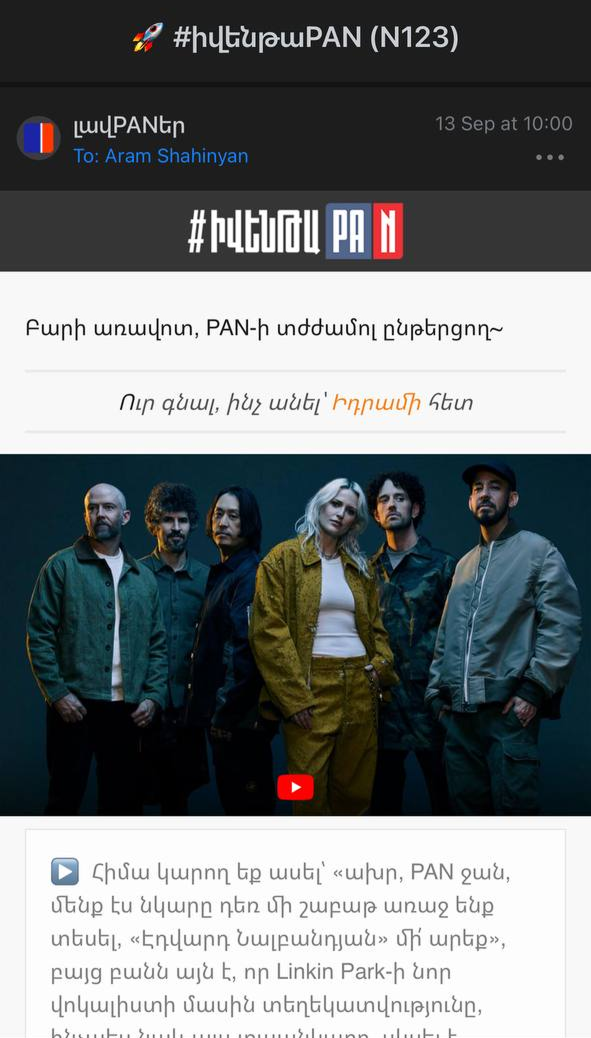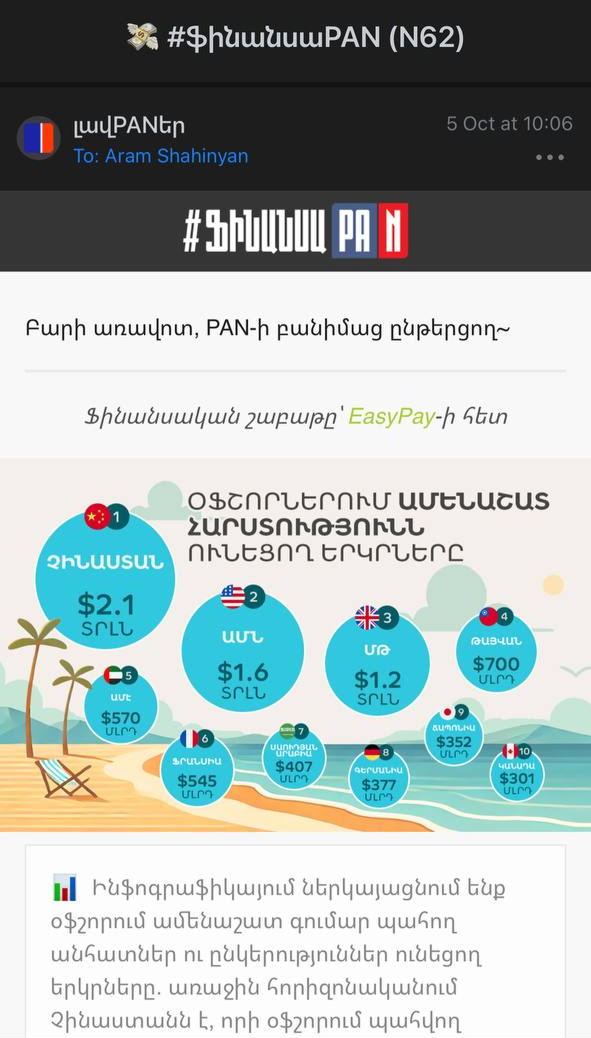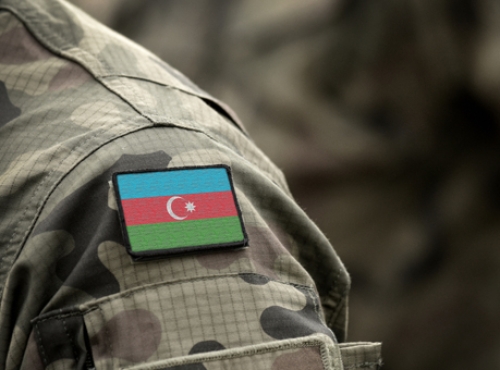The Atlantic Monthly magazine for December 2004 published an extensive article on U.S. policy options regarding Iran. As reported by the source, at a meeting of the war-game group ret. Air Force Col. Sam Gardiner presented a war-game scenario, which suggested using Azerbaijan for special forces and airborne attacks against Iran, along with major thrusts from Iraq, Persian Gulf, and additional support action from Afghanistan.
It further determined that air bases in Georgia and Azerbaijan were too small to handle necessary traffic and suggested they be enlarged, dedicating $700 million for that purpose. These are Azerbaijan air bases in Baku-Bina, Baku-Kala, Sumgait (Nasosny/Sitalchay), Kara Chala, Kurdamir, Ganje, Daller, Nakhichevan, Lenkoran, Yevlakh. As it can be seen, no territories controlled by Armenian forces are mentioned here.
The scenario further suggested: “SECDEF, in coordination with the Secretary of State, is authorized to begin discussions with Azerbaijan:
– To preposition supplies in Azerbaijan that would support the global war on terrorism.
– To work toward expansion of air bases in Azerbaijan to increase options for US forces in support of the global war on terrorism.
– To offer limited US assistance to resolve the issues of Nagorno-Karabakh”
Armenia did not figure in war planning. The recommendations related to Azerbaijan and NK were part of the initial scenario prepared by Col. Gardiner, however, as reported by the magazine, they along with other preparations for a potential war with Iran were turned down by the war game panel as “detrimental to U.S. interests in Iraq.” In the end the panel confirmed the conventional Washington wisdom that there is no attractive military option in Iran, but that the President should continue to threaten Iran anyway to make progress in negotiations. The source notes that in the real world, meanwhile, U.S. remains interested in using Azerbaijan in a potential conflict with Iran and Azerbaijan conditions that use by America’s help against Armenians.
The original article can be found at http://www.theatlantic.com/doc/prem/200412/fallows






















